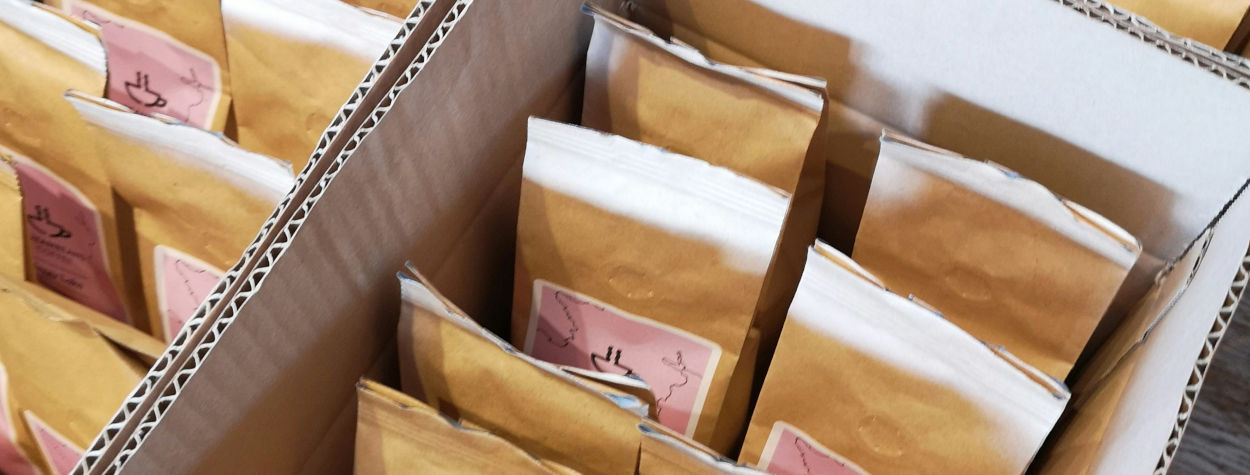To grow any brand, you can either get new clients or encourage existing customers to buy more. There are a thousand ways to achieve both. One option is to sell products at wholesale to companies that will resell them to their customers.
Wholesaling is a different ball game from D2C or opening your own retail store or concessions. Many ecommerce brands shy away from the wholesale route as they wrongly assume that they will lose customers and see their margins shrink.
The reality is, for most brands, increasing the number of places your products can be purchased leads to more sales and better brand awareness among your ideal customers.
If you’ve always wanted to explore wholesaling your products, by the end of this article, you’ll have a solid plan in place to land your first few key accounts and support them to sell your items. So, If you’re a D2C brand, you’ll have no excuse to sleep on wholesale!
Should You Wholesale Products To Other Retailers?
Wholesale is when you sell goods in bulk to a retailer who then sells items to the end consumer. Instead of dealing with hundreds of customers, you have a few key clients who regularly buy larger quantities from you at a price that allows them to make a profit.
As a D2C brand, you can always adopt this B2B model alongside your other sales channels and grow your sales by adding more outlets where customers can purchase your items. Sounds good so far?!
There is a catch. Wholesale pricing is typically 35 to 50% of the retail price, to allow the other business enough margin to keep the lights on, employ staff, and make a small profit. So, it’s worth bearing this in mind if you’re considering offering a wholesale option.
You can enforce minimum order quantities (MOQ) or spend on your retail partners, meaning you can better forecast your cash flow and have the funds to expand.
Many brands overlook wholesale as they believe it’ll damage their core business. However, being stocked by reputable retailers validates your brand and builds consumer trust. It can be an easy way to tap into a retailer’s existing customer base and generate sales without spending massively on marketing.

D2C vs Wholesale – Why you can do both!
Starting a wholesale department might seem like you’re directing focus away from your successful D2C business. Thankfully, it’s not a battle between D2C and wholesale, as with the right approach, you can do both.
Even if you only dedicate an hour or two per day to finding and managing wholesale clients, you’ll find that you have the funds to expand your D2C store. As the wholesale portion of your business grows, you can dedicate more resources to it.
Many businesses start with a D2C model as it’s a superb way to maintain high margins and control over the complete customer experience. You can easily gather customer data, making marketing more effective.
Wholesaling allows you to sell to a few customers who then resell your products using their own wide reach. While your overhead costs are smallest, so are the margins but you might be able to build a more profitable business.
By offering a combination of both D2C and wholesale, you can expand your business faster, use partners to drive your marketing, and diversify your revenue streams.
How to Secure Your First Few Wholesale Accounts
You’ll learn very quickly that wholesale is a completely different beast from running a D2C brand. You need to become great at making sales over the phone and face to face. You can’t run ads and hope for the best. Instead, you need to follow up and keep pushing on doors until one opens.
Start by building a list of potential retail partners, which can include boutiques, chain stores, and wholesale marketplaces (like Faire). I know of a sock brand that has found success reaching out to gifts shops in museums and a smart home brand that sells well to trade customers via electrical wholesalers.
Next, plot out your outreach plan and build templates for email messages and scripts for calls. Create a few different digital catalogs and order forms. Having a documented process is critical to staying on track and making sales.
You’ll want to figure out your pricing model, payment terms, and MOQs, and include these in any marketing materials you build.

What Resources You’ll Need to Succeed?
Wholesaling is great, as you can start small and scale up over time. If you spend an hour or two per day, you’ll land your first few wholesale customers within a few weeks. As demand grows, you can add a team member or two to handle the sales aspect.
On the fulfilment side, your team needs to be able to handle larger, more complex B2B orders, which may involve different courier options. A company buying 20 items vs 20 orders of 1 item is a different ball game that requires its own processes and systems.
As the wholesale department of your business grows, you’ll need to set aside stock specifically for your B2B customers and forecast demand based on the data you collect internally. You’ll also need to have a range of courier options, as what you’re using for the D2C side probably isn’t the most efficient or cost-effective for pallets of products.
Unlike D2C customers who pay upfront, wholesale clients typically pay within 30 or 60 days, which can impact cash flow. It’s worth ensuring you have the funding and stock to handle large orders without needing upfront payment.
Getting Started With Wholesaling As A D2C Brand
Even if you plan to explore selling to wholesale clients later, it makes sense to start planning now and have a solid strategy in place. Running a wholesale side of your business alongside the D2C element is a smart way to grow sales and build a more robust business.
You should now have a solid plan to get your first few wholesale clients and some tips on how to successfully build from there. As always, start small and grow using the profits.
Need a partner who can design your rocket-fuel ecommerce growth strategies and supervise their execution?






